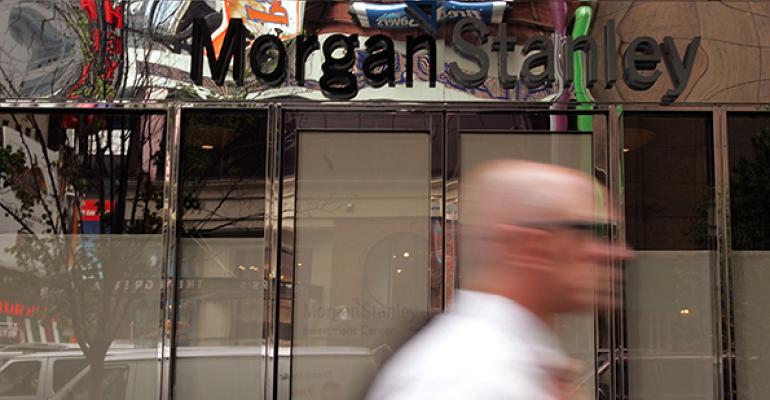Morgan Stanley has agreed to pay $8 million to settle charges with the Securities and Exchange Commission related to sales of single inverse ETFs. The SEC claims the firm did not have adequate policies and procedures for ensuring clients understood the risks of these investments. In addition, the firm failed to get several hundred clients to sign a disclosure document saying these ETFs were typically unsuitable for investors planning to hold them longer than one trading session unless used as part of a trading or hedging strategy. Many clients experienced losses, the SEC said. Leveraged and inverse ETFs have been on the SEC’s radar. The regulator has a rule proposal that would effectively eliminate triple-leveraged and triple-inverse ETFs.
Merrill Lynch Plans to Expand Impact Investing Capabilities
The number of Merrill Lynch advisors using five or more impact investing solutions for clients has doubled in the last three years to 17 percent, and this increased interest in values-based investing is driving a couple of changes at the wirehouse in the coming year, according to a recent press release. Merrill plans to increase the number of ways clients can articulate their investing goals to advisors, to go beyond "discovery conversations" and an investment personality assessment questionnaire. Additionally, the wirehouse plans to upgrade one of its wealth planning tools, Wealth Outlook, to identify impact investment options for clients based on their values. “Not so long ago, impact investments were a small part of most goals-based discussions with clients," said Andy Sieg, head of Merrill Lynch Wealth Management. "Today, however, there are more ways for clients to align their values with their investments, and they are proactively seeking information and opportunities during conversations with advisors.”
The Valentine's Day Index
Valentine’s Day is, somewhat surprisingly, the fourth biggest shopping day of the year. LPL Research has spent the last several years tracking the cost of four typical Valentine’s Day gift categories (A Night In, A Night Out, A Getaway and Jewelry) over time by gleaning data from the Consumer Price Index. For 2016, the Index reveals that inflation was lower than average for Valentine’s Day gifts. The cost of a night at home fell for only the third time in the history of the Index, while all other categories went up. Jewelry was the biggest mover, seeing a 5.8 percent increase in price after decreasing for the past four years.

